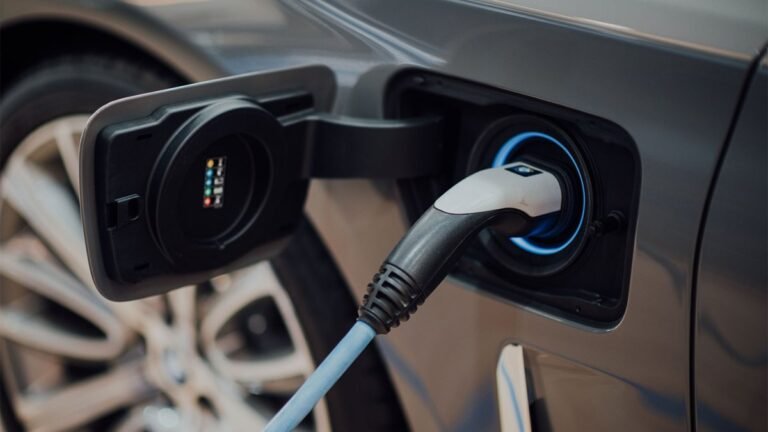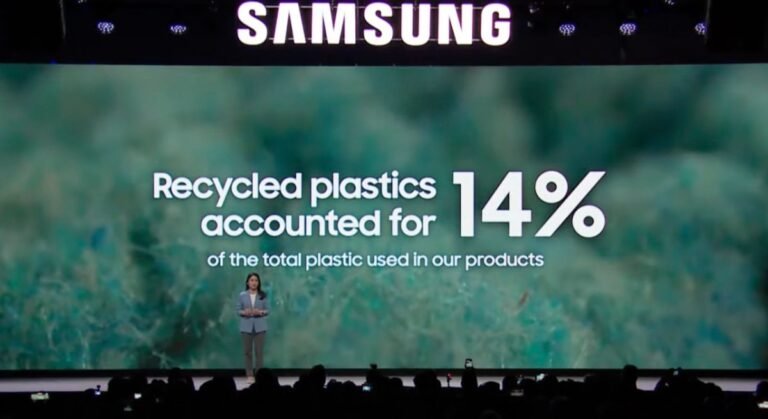
The global demand for wood could grow by 54% between 2010 and 2050, according to a study by the World Resources Institute.
While some building materials like steel get consistently recycled back into the supply chain, wood does not.
Cambium looks to build the supply chain that keeps wood from being wasted by connecting those with already-been-used wood to the businesses and folks that need it.
“We’re building a better value chain where you can use local material, you can use salvaged material, and all of that is connected through our technology,” Christensen said.
And we do that in a really efficient and cost competitive way.”Demand for more sustainable wood has been growing in recent years, Christensen said, but before Cambium there wasn’t a good system to find the recycled wood.

Sila, Group14, Envoix, and Amprius are all trying to commercialize their silicon anode technology, hoping to cash in on consumers’ desire for ever more EV range.
Ionobell, a seed stage startup, is hoping to be at the top of that list, claiming its silicon material will be cheaper than the established competition.
Both established companies impregnate porous graphite structures with silicon; Sila also adds a coating to the particles.
Ionobell’s silicon supply comes from a waste material, Neivert said, which helps keep costs down.
Like other battery materials companies, Ionobell faces a challenging road ahead.

The company Samsung has embraced recycled materials in some of its most popular products.
Innovative features like SmartThings AI Energy Mode can help consumers manage energy at home by using connected intelligence.
Samsung has also announced the integration of SmartThings energy with Tesla’s Powerwall solar inverter and Wall Connector EV charging solutions.
The company prioritizes reuse and recycling, offering refurbished phones through programs like 35 Renewed, and the Galaxy Upcycling initiative which helps users reuse or repurpose old phones.
From the design of their products to their end-of-life, Samsung is proving that tech companies can embrace sustainability and environmental responsibility.






